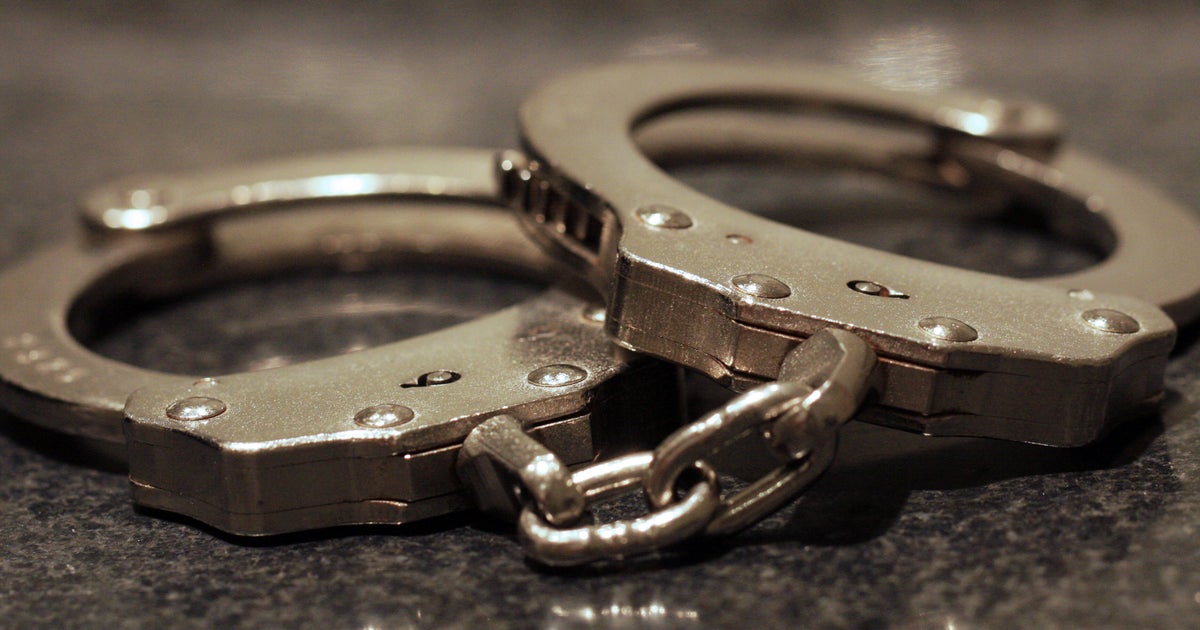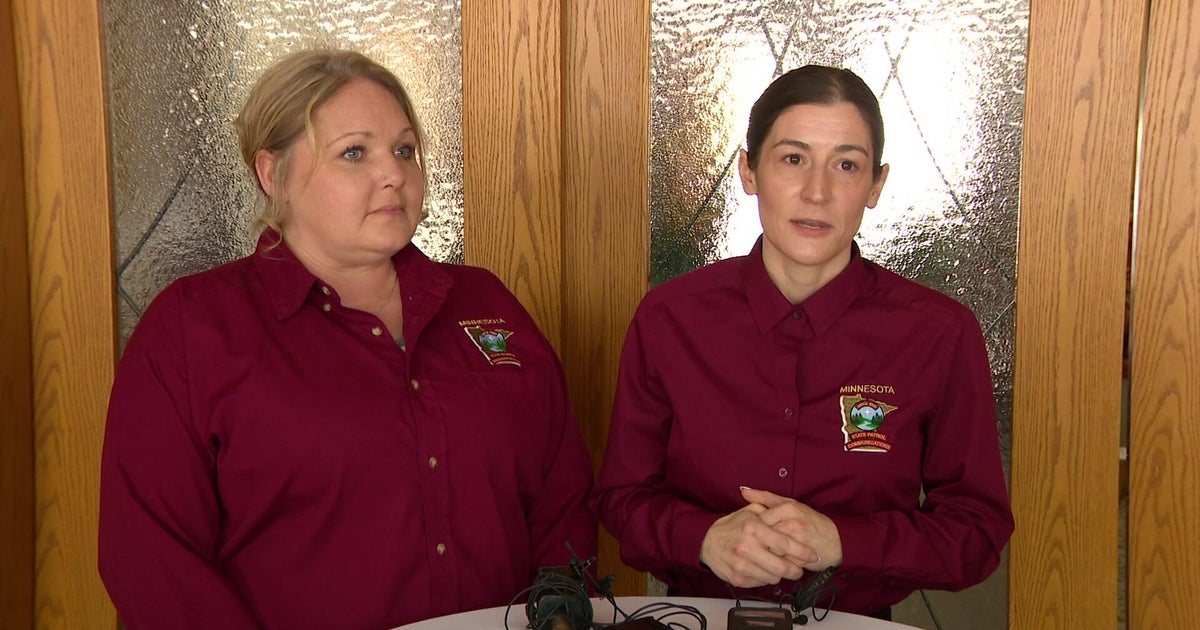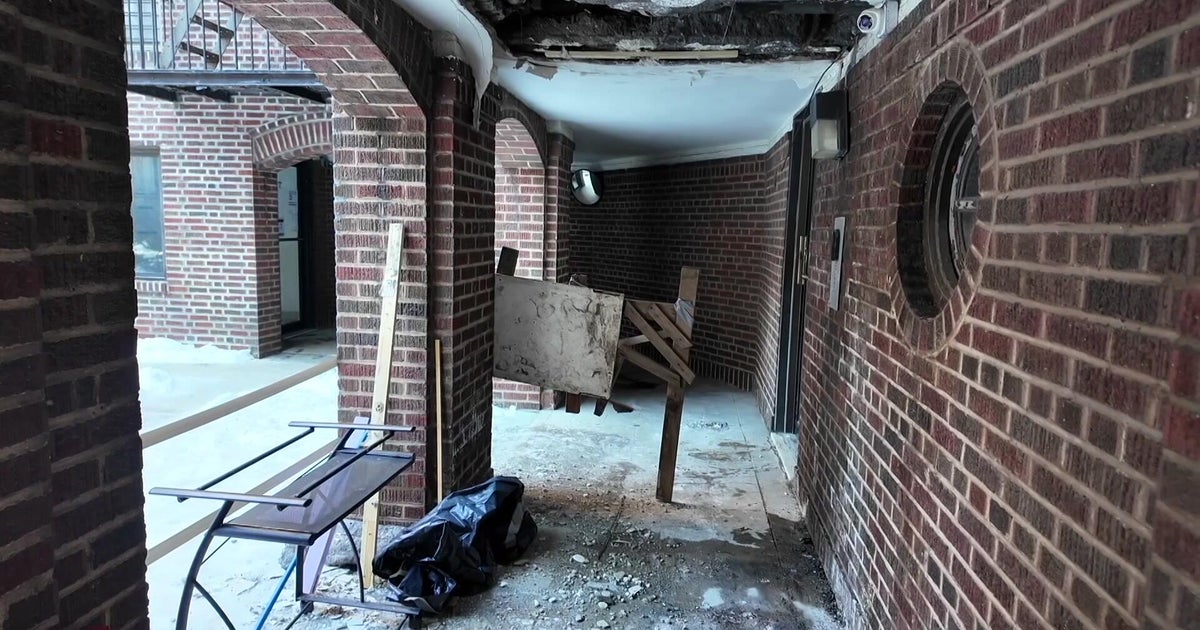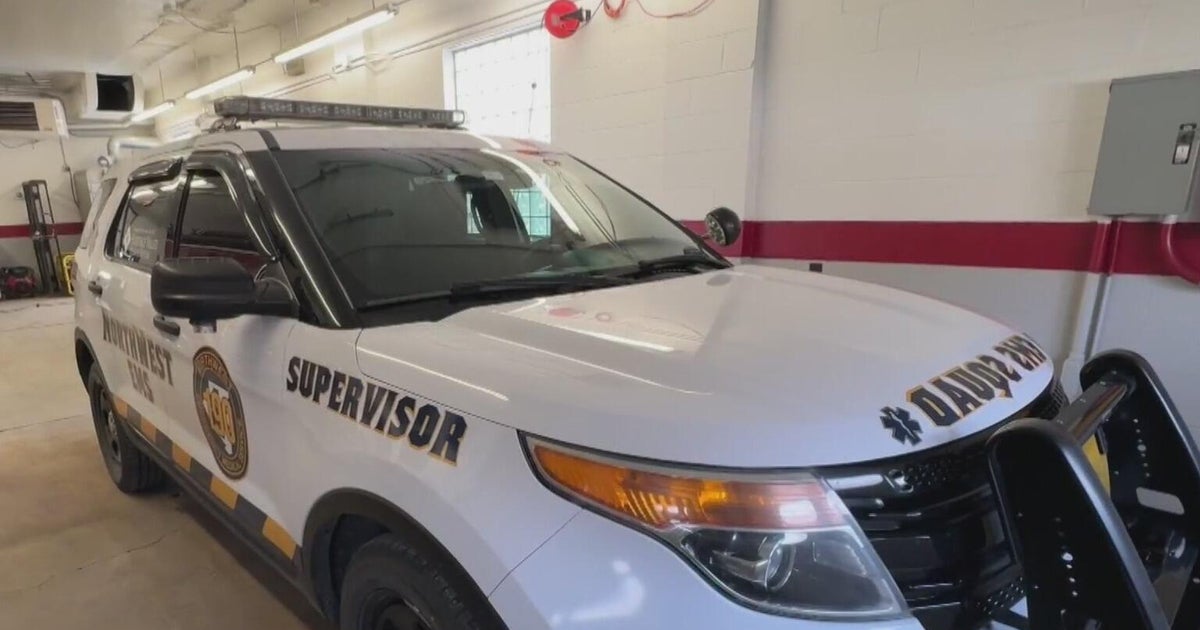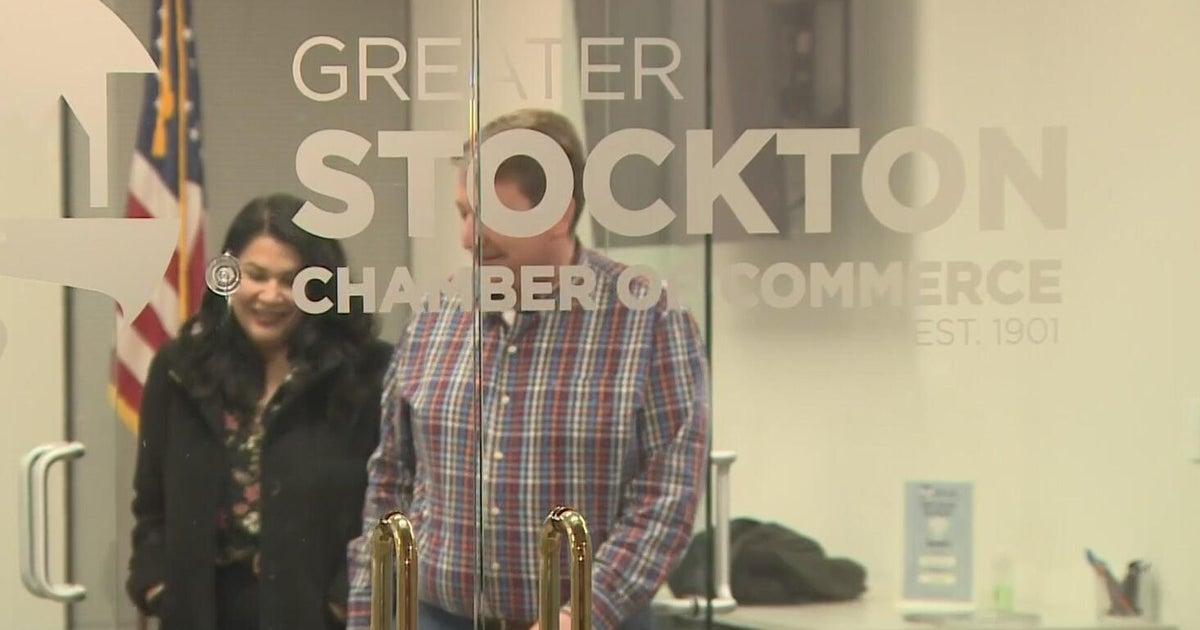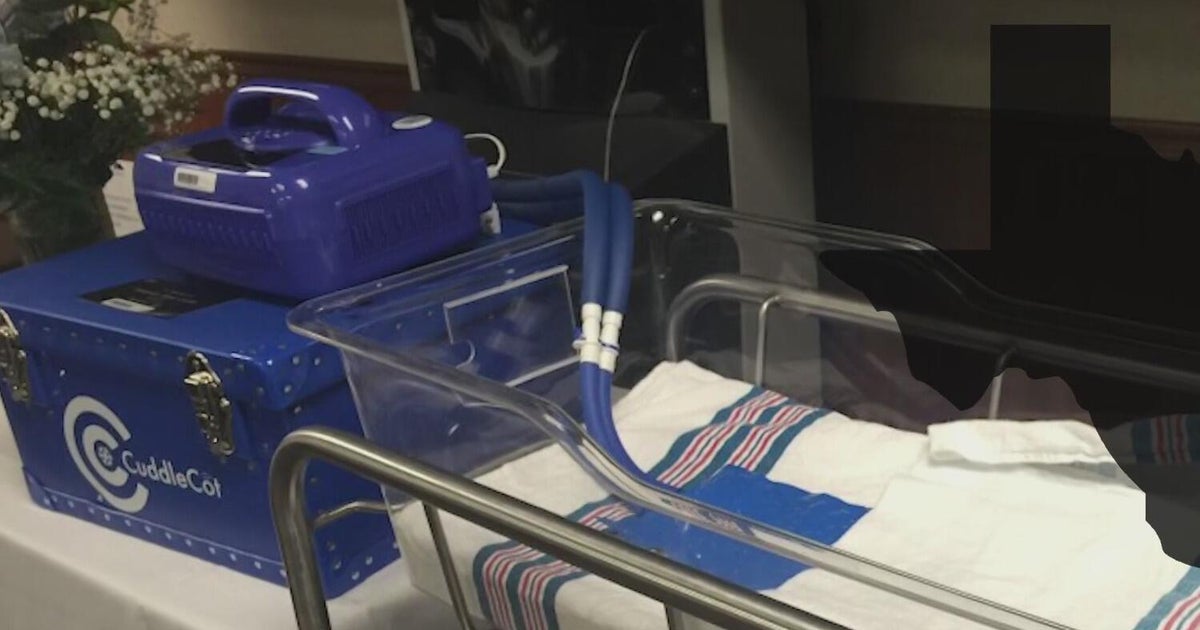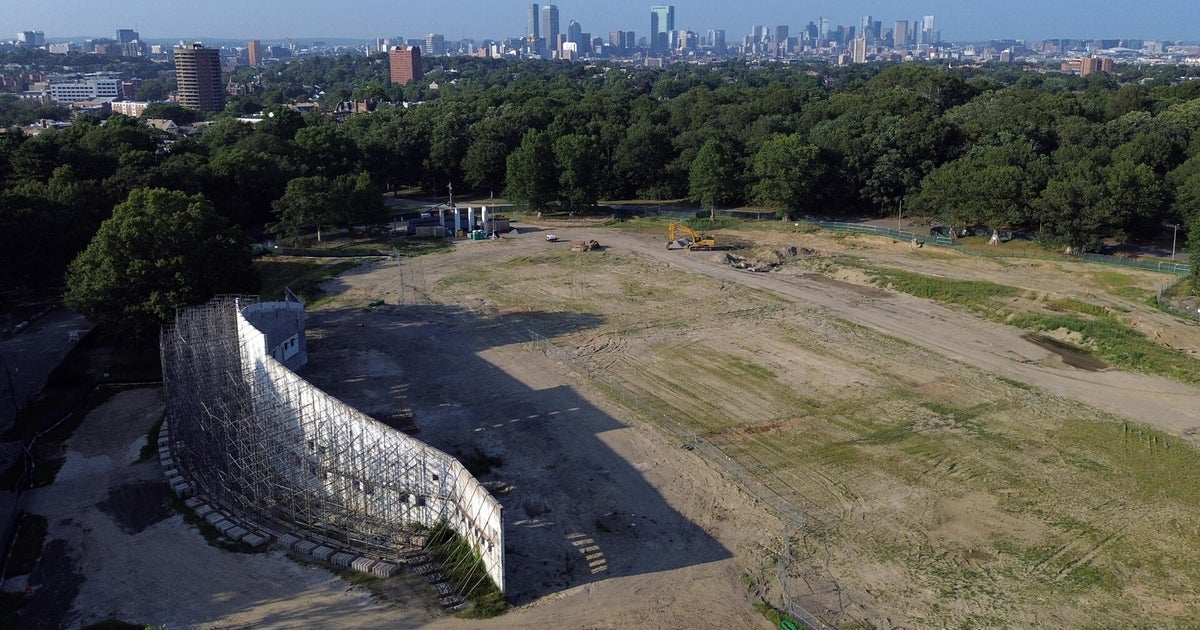CBS2 Gets Exclusive Look Inside FDNY's Paramedic Training Program
NEW YORK (CBSNewYork) -- A paramedic is one of the most critical first responders during an emergency, and the training they get prepares them for the job.
That training is always evolving and getting new life to meet the everchanging world we live in, especially now.
CBS2's Thalia Perez got an exclusive look at the FDNY paramedic training program from Fort Totten.
For a responding FDNY paramedic, any given call could mean a life-or-death situation for the person in need of help.
The FDNY paramedic training program prepares students with the education and practice to face it all.
Once accepted into the elite program, students spend about nine and a half months at the EMS training academy at Fort Totten and in the field. That's around 190 days of training.
As more experience is gained, the modules advance and get more challenging, including an emergency simulation.
"We try to make everything as realistic as possible," lead instructor and paramedic coordinator Bruce Funaro said.
During the emergency simulation, the instructor is in the next room, grading students on their skills. The instructor is also operating a mannequin's voice and creating a dialogue for the emergency.
"It gives them confidence that they completed it here, that they can complete it on a real job," Funaro said.
The job is all about teamwork, and the simulation is the most tense example of part of the skills exam students have to pass to finally become a paramedic.
Cesar Escobar is the chief of the academy and has 28 years on the job. He says when the pandemic started, training came to an abrupt halt.
"For a couple of weeks, we actually had to suspend our program and send all our students back to the field so they could help out EMS operations in the field," he said.
That helped to keep the city running.
A few months later, training picked up again. They turned to virtual lectures and modified in-person labs because students still didn't have access to hospitals -- a vital part of their training. Navigating through these uncertain times, they created a cadaver lab. It was something they had never done before.
"We bring cadavers in so our students can practice endotracheal intubation, intraosseous insertion, needle decompression, which are some skills that you actually have to do on a human to get good at," Escobar said.
The lab was created in one of the classrooms. Small groups are brought into the lab in addition to doctors, anatomists and instructors who lead each station.
There, the students practice all the same skills they would in the hospital setting, just on human tissue.
Certainly a career path that not only helps people, but is inspiring.
CBS2's Thalia Perez contributed to this report.

